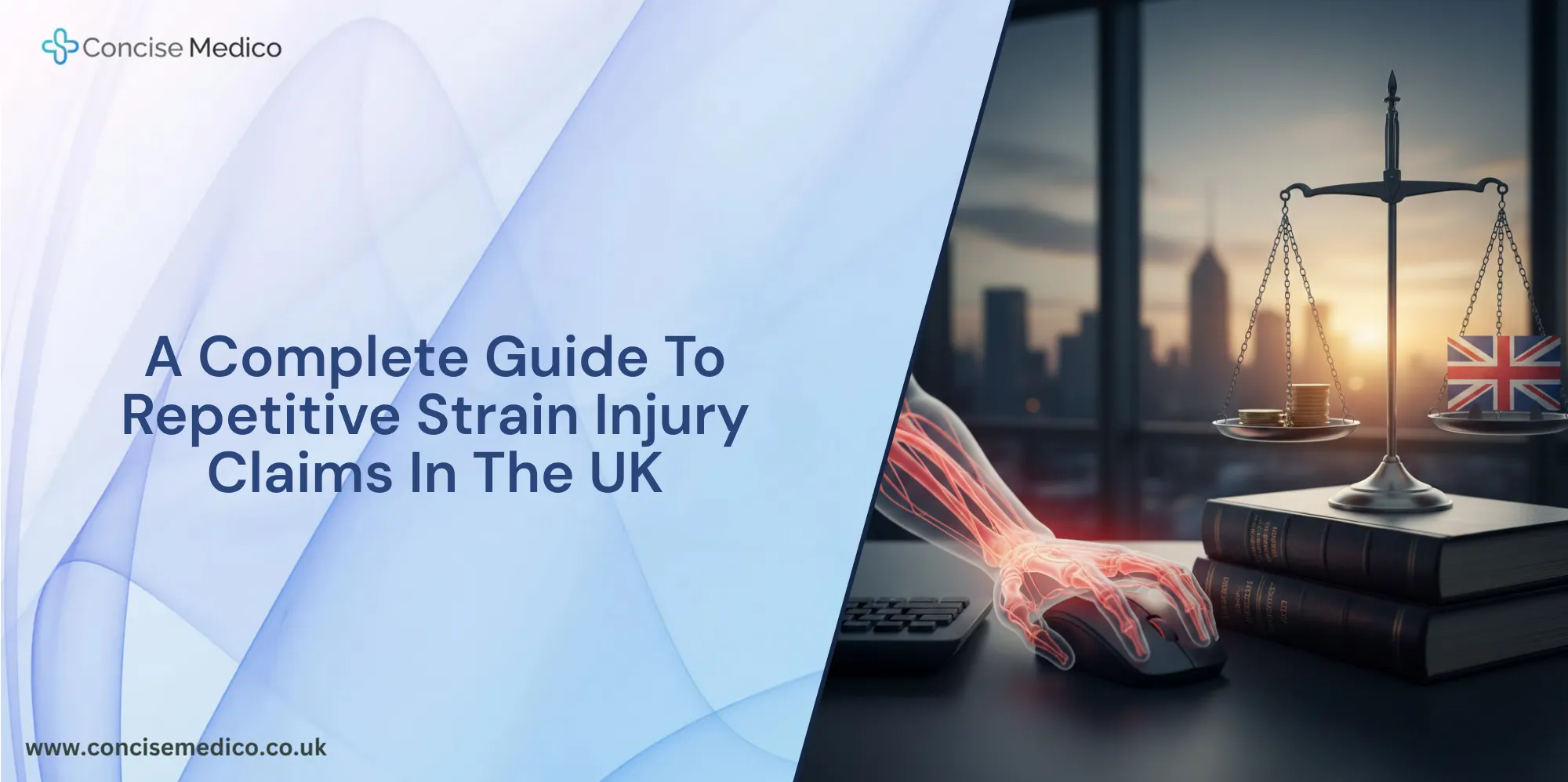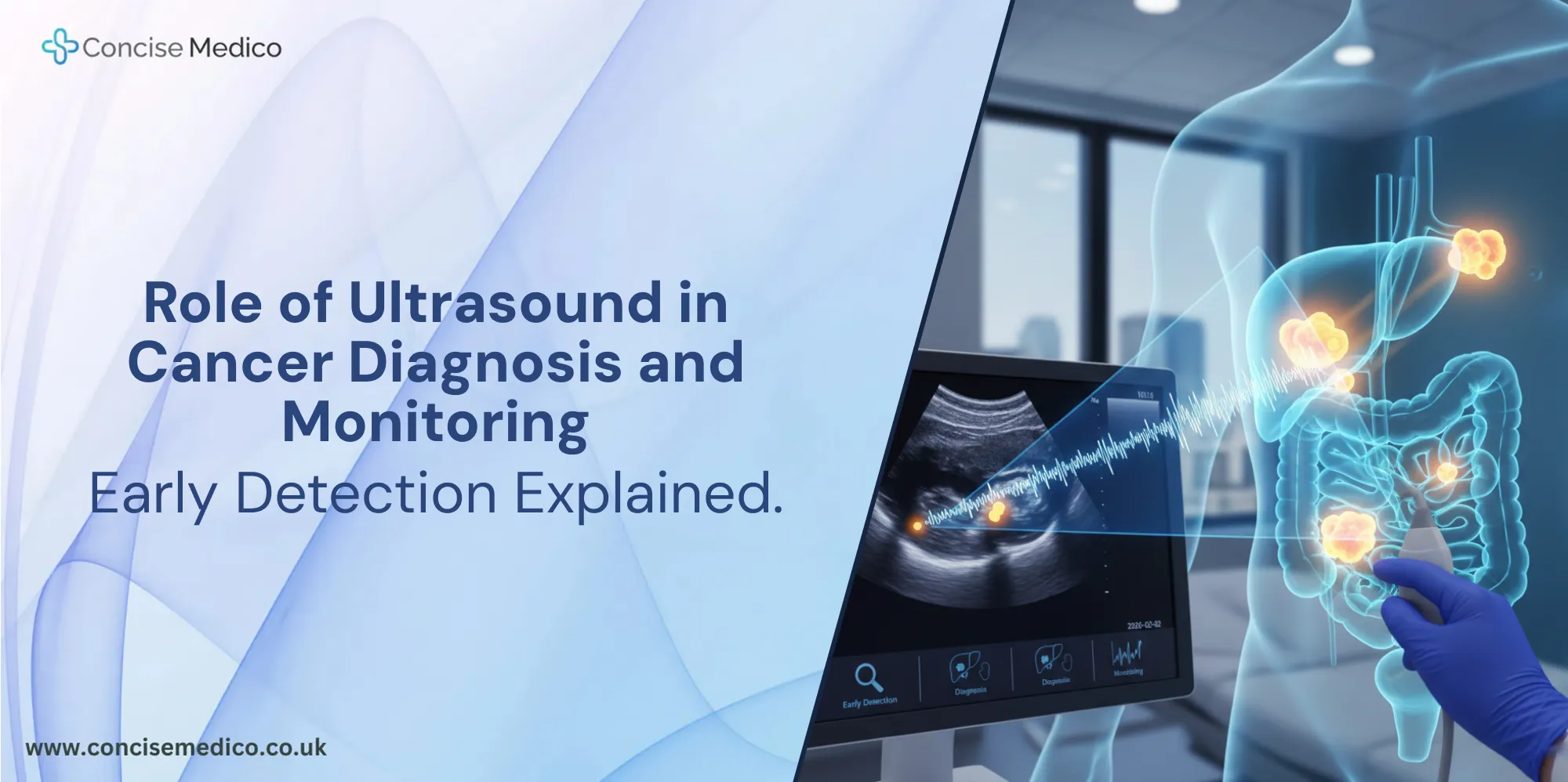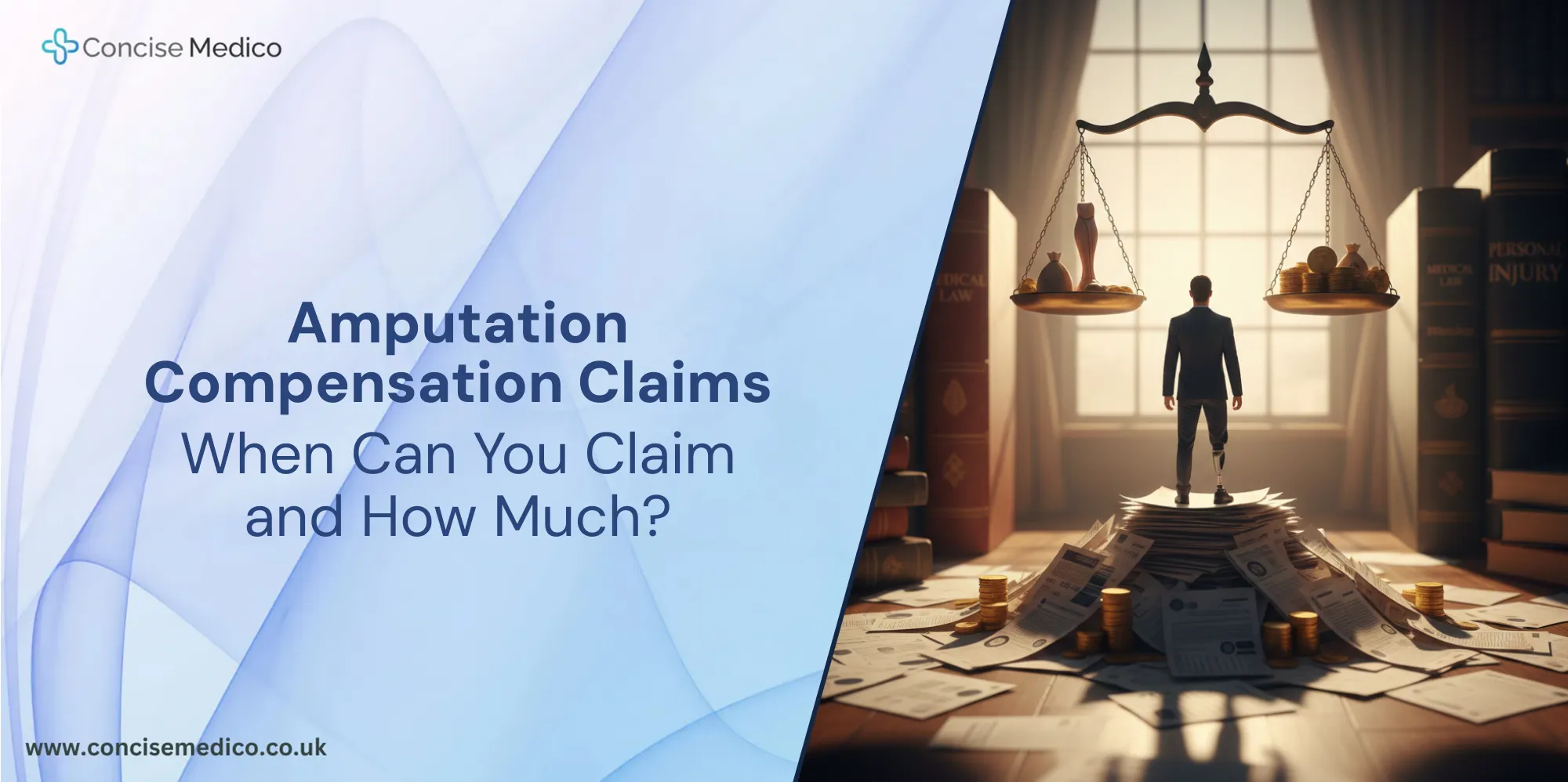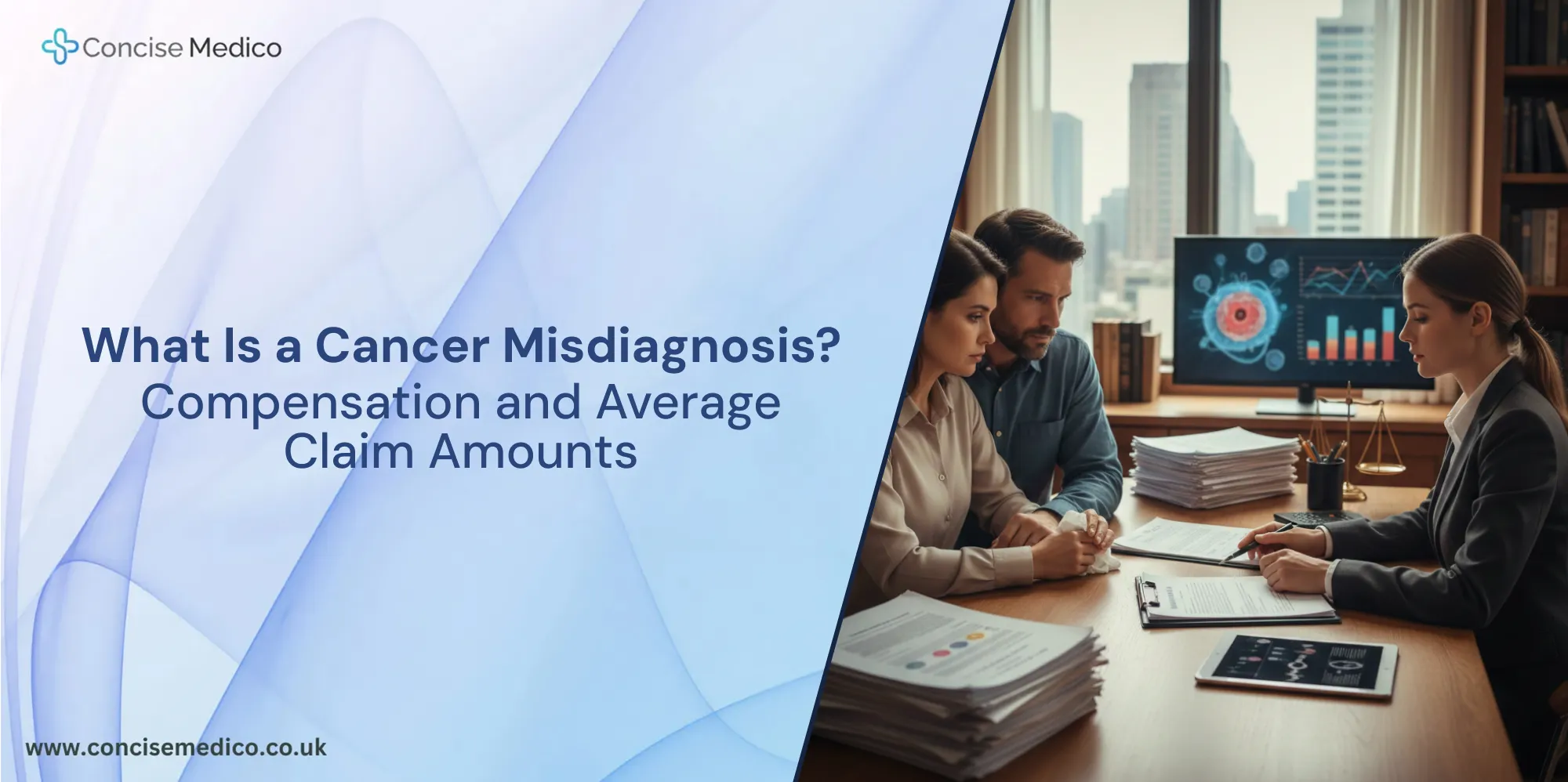TABLE OF CONTENT
- What Is Whiplash?
- Whiplash After Car Accident: Why It’s So Common
- Symptoms of Whiplash After Car Accident
- How Whiplash Is Diagnosed
- Treatment for Whiplash After Car Accident
- Recovery Time: How Long Does It Last?
- Complications of Untreated Whiplash
- How to Prevent Whiplash after Car Accident?
- Can You Claim Compensation for Whiplash after Car Accident?
- Case Study
- Tips for Managing Whiplash at Home
- When to Call Emergency Services
- FAQs
Whiplash after car accident may not be obvious at first. It is not always a serious matter, but it happens more often than some may expect, at least, in the UK. A rather mild inconvenience of the neck may eventually progress until it becomes chronic when not handled appropriately.
Read on in this blog where we take you through what a car accident whiplash is all about, how it presents, what the recovery journey is like and when to seek the assistance of a specialist.
What Is Whiplash?
Whiplash is a kind of neck injury which can take place when your head is abruptly and then rapidly thrown backward and then forward. This sudden jerk has the ability to strain the body muscles, tendons and ligaments of your neck.
Most commonly, it happens in rear-end car collisions. However, whiplash can also result from other events like:
- Sports injuries
- Falls
- Assaults
- Roller Coaster rides
Get a detailed insight into What are Whiplash Injuries?
Whiplash After Car Accident: Why It’s So Common
In the UK, whiplash after a car accident is a frequent injury reported in road traffic incidents. The neck is especially vulnerable during even low-speed crashes. From the Department of Police report on road casualties:
18,368 people were recorded as having “Whiplash or neck pain” as their most severe injury in 2022. This shows 24.9% of all reported personal-injury road traffic accidents that involved slight injury
Here’s why it often goes unnoticed:
1. Symptoms can be delayed
Many people don’t feel pain immediately after a crash.
2. Adrenaline masks pain
Your body’s natural response to stress can block pain signals right after an accident.
3. Soft tissue damage isn’t always obvious
You won’t always see bruising or swelling externally, but the internal damage can still be serious.
Symptoms of Whiplash After Car Accident
The signs of whiplash from car accidents often show up late. It could be after many hours or even days of the crash. One must be on the lookout for symptoms like:
- Pain or stiffness of the neck
- Pain on the upper or lower back
- Arm and shoulder pain
- Pains of the head eg at the bottom of the head.
- Arms numbness or tingling
- Swelling or bruising around the neck
- Dizziness or blurred vision
- Fatigue and irritability
- Difficulty concentrating
- Sleep disturbances
An article published in International Journal of Pain states:
“Patients with whiplash injuries usually complain of neck, shoulder, or back pain; dizziness; headache; vertigo; paresthesias; and cognitive or psychological symptoms. However, to date, whiplash injury also remains one of the most poorly understood motor vehicle injuries.”
– Donghwi Park
When to See a Doctor
If you notice any of these symptoms after a car crash, even if they seem mild, see a GP or go to A&E. Early treatment can help prevent long-term problems.
How Whiplash Is Diagnosed
In the UK, most GPs will assess whiplash after car accident based on your symptoms and a physical exam. Imaging like X-rays or MRIs may be used if there’s concern about broken bones or serious injury.
Diagnosis often includes:
- Checking range of motion in your neck
- Feeling for tenderness in muscles and joints
- Asking about the pain pattern and any related issues like headaches or dizziness
Treatment for Whiplash After Car Accident
The NHS and most UK healthcare providers recommend simple but effective treatments for whiplash after car accidents. The good news is that most cases improve within a few weeks.
Here’s what helps with a car accident whiplash:
1. Rest and Movement
- Avoid activities that strain your neck.
- Gentle movement is encouraged to keep the neck from becoming too stiff.
2. Pain Relief
- Over-the-counter painkillers such as panadol or ibuprofen may help reduce the pain.
- Your GP may prescribe stronger medication if the pain is severe.
3. Ice and Heat Therapy
- Apply an ice pack for the first 24–48 hours.
- After that, heat packs may help relax muscles.
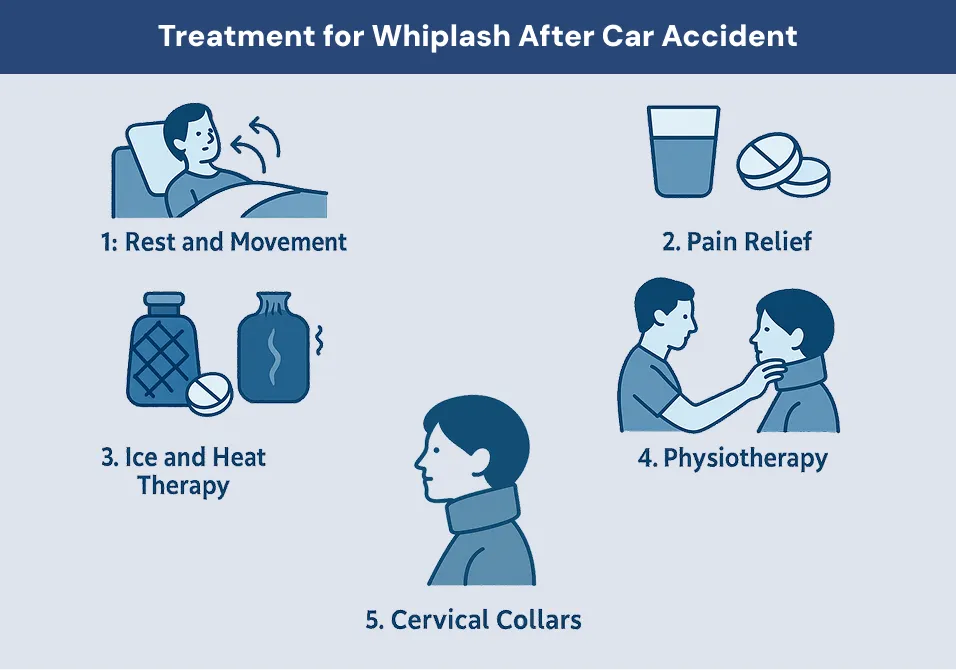
4. Physiotherapy
For moderate or long-lasting symptoms, your GP may refer you to a physiotherapist. They can guide you with:
- Stretching exercises
- Posture training
- Manual therapy
5. Cervical Collars
These soft neck braces used to be standard, but now they’re only recommended in some cases. Keeping your neck moving is often better for healing.
Recovery Time: How Long Does It Last?
According to the NHS, most people recover from whiplash after car accident in two to three months. But everyone heals differently. Some people recover in days, while others may experience symptoms for several months or even longer.
Minor Accidents
If you had a low-speed collision, recovery may only take a few days to weeks. The injuries are usually mild and can be cured at home.
Chronic Whiplash
If symptoms last for six months or more, you may have chronic whiplash. This often involves:
- Persistent neck pain
- Tension headaches
- Reduced mobility
- Mood changes or depression
In these cases, additional support may be needed, such as:
- Specialist physiotherapy
- Pain management clinics
- Mental health counselling
Complications of Untreated Whiplash
If you ignore symptoms of whiplash after car accident, the injury can worsen. Complications might include:
- Chronic neck and back pain
- Long-term stiffness
- Sleep problems
- Trouble focusing or memory lapses
- Anxiety or depression
Some people also develop whiplash-associated disorder (WAD), which combines physical, emotional, and cognitive symptoms.
How to Prevent Whiplash after Car Accident?
You can do several things to reduce your risk of developing whiplash. Unfortunately, it happens unpredictably, so there’s no way to prevent it entirely. The best things you can do to reduce your risk include:
Adjust your vehicle seat:
Putting your seat into the right position and using the headrests can reduce the risk of developing whiplash from vehicle-related situations (see your vehicle’s driver’s manual to learn the correct positioning).
Wear your seat belt properly:
Unless you have the seat belt properly positioned across your shoulder or tight against your lower body and not just hanging loosely around your chest, it may fail to prevent your forward movement and you will become a victim of a whiplash injury before you realize it.
Drive safely:
Driving carefully will assist you to ensure that the person behind you does not fail to stop in time. One such case is never being too near the car in front of you only to apply your brakes, which may not give the person behind you time to stop.
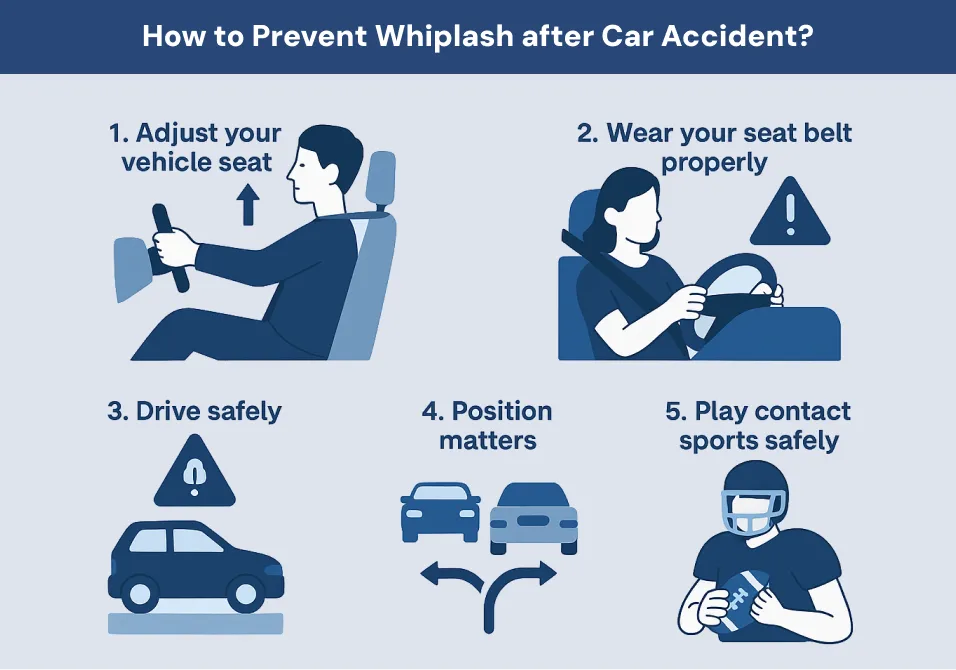
Position matters:
If you see or hear something that indicates your vehicle is about to be rear-ended and there’s time, place your head against the headrest and face straight ahead. Having your head against a properly placed headrest keeps your head, neck and body from moving at different speeds, which can cause whiplash.
Play contact sports safely:
Avoiding dangerous contact during these sports can help avoid a whiplash injury to another player.
Can You Claim Compensation for Whiplash after Car Accident?
Yes, in the UK, if someone else caused the crash, you may be able to claim compensation for whiplash after car accident.
New Whiplash Reforms (2021)
The UK introduced new laws in 2021 that changed how whiplash claims are handled. Key points include:
- A set compensation amount based on injury length
- Online claims portal for low-value injuries
- Medical evidence is required to support claims
For accurate advice, consult a personal injury solicitor or use the Official Injury Claim portal.
Learn more about the process through our updated guide on Whiplash Injury Claim Process in 2025.
Case Study
Robert Bright, a businessman from Hertfordshire faced a rear‑end collision while stationary on the M27 in August 2008, leading to undiagnosed whiplash. A torn carotid artery caused a stroke 34 days later, resulting in long‑term brain injury and loss of arm function
After a four‑year court battle, Robert was awarded a £2.43 million settlement for the whiplash from car accident. It covered lifetime care, rehab, and lost earnings. This case showed that whiplash can have serious, delayed consequences
Tips for Managing Whiplash at Home
The following are easy methods of aiding your recovery at home:
- Put a pillow to support your back of the neck
- Be physically active and do not lift loads or exercise
- Gently stretch the neck using the advice of your physiotherapist
- Keep away from having long screen sessions
- Use warm compresses in the days following the injury
Read more for getting some tips about Sleeping with Whiplash Injury.
When to Call Emergency Services
If you have any of the following after a crash, seek immediate help:
- Loss of consciousness
- Severe headache that doesn’t go away
- Numbness in arms or legs
- Vision problems
- Trouble walking or talking
These could be signs of a more serious injury like a concussion or spinal issue.
Whiplash after car accident is more than just a sore neck,it’s a real injury that needs care and attention. Even if the crash felt minor, don’t ignore the warning signs. Listen to your body, get medical advice, and follow a proper treatment plan.
At Concise Medico, our experts provide early medical care to make a full recovery. Whether you’re dealing with fresh pain or long-term discomfort, getting the right help makes all the difference. If you are dealing with a car accident whiplash, reach out to us to start your healing journey.
FAQs
Whiplash after car accident may not be obvious at first. It is not always a serious matter, but it happens more often than some may expect, at least, in the UK. A rather mild inconvenience of the neck may eventually progress until it becomes chronic when not handled appropriately.
Read on in this blog where we take you through what a car accident whiplash is all about, how it presents, what the recovery journey is like and when to seek the assistance of a specialist.
What Is Whiplash?
Whiplash is a kind of neck injury which can take place when your head is abruptly and then rapidly thrown backward and then forward. This sudden jerk has the ability to strain the body muscles, tendons and ligaments of your neck.
Most commonly, it happens in rear-end car collisions. However, whiplash can also result from other events like:
- Sports injuries
- Falls
- Assaults
- Roller Coaster rides
Get a detailed insight into What are Whiplash Injuries?
Whiplash After Car Accident: Why It’s So Common
In the UK, whiplash after a car accident is a frequent injury reported in road traffic incidents. The neck is especially vulnerable during even low-speed crashes. From the Department of Police report on road casualties:
18,368 people were recorded as having “Whiplash or neck pain” as their most severe injury in 2022. This shows 24.9% of all reported personal-injury road traffic accidents that involved slight injury
Here’s why it often goes unnoticed:
1. Symptoms can be delayed
Many people don’t feel pain immediately after a crash.
2. Adrenaline masks pain
Your body’s natural response to stress can block pain signals right after an accident.
3. Soft tissue damage isn’t always obvious
You won’t always see bruising or swelling externally, but the internal damage can still be serious.
Symptoms of Whiplash After Car Accident
The signs of whiplash from car accidents often show up late. It could be after many hours or even days of the crash. One must be on the lookout for symptoms like:
- Pain or stiffness of the neck
- Pain on the upper or lower back
- Arm and shoulder pain
- Pains of the head eg at the bottom of the head.
- Arms numbness or tingling
- Swelling or bruising around the neck
- Dizziness or blurred vision
- Fatigue and irritability
- Difficulty concentrating
- Sleep disturbances
An article published in International Journal of Pain states:
“Patients with whiplash injuries usually complain of neck, shoulder, or back pain; dizziness; headache; vertigo; paresthesias; and cognitive or psychological symptoms. However, to date, whiplash injury also remains one of the most poorly understood motor vehicle injuries.”
– Donghwi Park
When to See a Doctor
If you notice any of these symptoms after a car crash, even if they seem mild, see a GP or go to A&E. Early treatment can help prevent long-term problems.
How Whiplash Is Diagnosed
In the UK, most GPs will assess whiplash after car accident based on your symptoms and a physical exam. Imaging like X-rays or MRIs may be used if there’s concern about broken bones or serious injury.
Diagnosis often includes:
- Checking range of motion in your neck
- Feeling for tenderness in muscles and joints
- Asking about the pain pattern and any related issues like headaches or dizziness
Treatment for Whiplash After Car Accident
The NHS and most UK healthcare providers recommend simple but effective treatments for whiplash after car accidents. The good news is that most cases improve within a few weeks.
Here’s what helps with a car accident whiplash:
1. Rest and Movement
- Avoid activities that strain your neck.
- Gentle movement is encouraged to keep the neck from becoming too stiff.
2. Pain Relief
- Over-the-counter painkillers such as panadol or ibuprofen may help reduce the pain.
- Your GP may prescribe stronger medication if the pain is severe.
3. Ice and Heat Therapy
- Apply an ice pack for the first 24–48 hours.
- After that, heat packs may help relax muscles.

4. Physiotherapy
For moderate or long-lasting symptoms, your GP may refer you to a physiotherapist. They can guide you with:
- Stretching exercises
- Posture training
- Manual therapy
5. Cervical Collars
These soft neck braces used to be standard, but now they’re only recommended in some cases. Keeping your neck moving is often better for healing.
Recovery Time: How Long Does It Last?
According to the NHS, most people recover from whiplash after car accident in two to three months. But everyone heals differently. Some people recover in days, while others may experience symptoms for several months or even longer.
Minor Accidents
If you had a low-speed collision, recovery may only take a few days to weeks. The injuries are usually mild and can be cured at home.
Chronic Whiplash
If symptoms last for six months or more, you may have chronic whiplash. This often involves:
- Persistent neck pain
- Tension headaches
- Reduced mobility
- Mood changes or depression
In these cases, additional support may be needed, such as:
- Specialist physiotherapy
- Pain management clinics
- Mental health counselling
Complications of Untreated Whiplash
If you ignore symptoms of whiplash after car accident, the injury can worsen. Complications might include:
- Chronic neck and back pain
- Long-term stiffness
- Sleep problems
- Trouble focusing or memory lapses
- Anxiety or depression
Some people also develop whiplash-associated disorder (WAD), which combines physical, emotional, and cognitive symptoms.
How to Prevent Whiplash after Car Accident?
You can do several things to reduce your risk of developing whiplash. Unfortunately, it happens unpredictably, so there’s no way to prevent it entirely. The best things you can do to reduce your risk include:
Adjust your vehicle seat:
Putting your seat into the right position and using the headrests can reduce the risk of developing whiplash from vehicle-related situations (see your vehicle’s driver’s manual to learn the correct positioning).
Wear your seat belt properly:
Unless you have the seat belt properly positioned across your shoulder or tight against your lower body and not just hanging loosely around your chest, it may fail to prevent your forward movement and you will become a victim of a whiplash injury before you realize it.
Drive safely:
Driving carefully will assist you to ensure that the person behind you does not fail to stop in time. One such case is never being too near the car in front of you only to apply your brakes, which may not give the person behind you time to stop.

Position matters:
If you see or hear something that indicates your vehicle is about to be rear-ended and there’s time, place your head against the headrest and face straight ahead. Having your head against a properly placed headrest keeps your head, neck and body from moving at different speeds, which can cause whiplash.
Play contact sports safely:
Avoiding dangerous contact during these sports can help avoid a whiplash injury to another player.
Can You Claim Compensation for Whiplash after Car Accident?
Yes, in the UK, if someone else caused the crash, you may be able to claim compensation for whiplash after car accident.
New Whiplash Reforms (2021)
The UK introduced new laws in 2021 that changed how whiplash claims are handled. Key points include:
- A set compensation amount based on injury length
- Online claims portal for low-value injuries
- Medical evidence is required to support claims
For accurate advice, consult a personal injury solicitor or use the Official Injury Claim portal.
Learn more about the process through our updated guide on Whiplash Injury Claim Process in 2025.
Case Study
Robert Bright, a businessman from Hertfordshire faced a rear‑end collision while stationary on the M27 in August 2008, leading to undiagnosed whiplash. A torn carotid artery caused a stroke 34 days later, resulting in long‑term brain injury and loss of arm function
After a four‑year court battle, Robert was awarded a £2.43 million settlement for the whiplash from car accident. It covered lifetime care, rehab, and lost earnings. This case showed that whiplash can have serious, delayed consequences
Tips for Managing Whiplash at Home
The following are easy methods of aiding your recovery at home:
- Put a pillow to support your back of the neck
- Be physically active and do not lift loads or exercise
- Gently stretch the neck using the advice of your physiotherapist
- Keep away from having long screen sessions
- Use warm compresses in the days following the injury
Read more for getting some tips about Sleeping with Whiplash Injury.
When to Call Emergency Services
If you have any of the following after a crash, seek immediate help:
- Loss of consciousness
- Severe headache that doesn’t go away
- Numbness in arms or legs
- Vision problems
- Trouble walking or talking
These could be signs of a more serious injury like a concussion or spinal issue.
Whiplash after car accident is more than just a sore neck,it’s a real injury that needs care and attention. Even if the crash felt minor, don’t ignore the warning signs. Listen to your body, get medical advice, and follow a proper treatment plan.
At Concise Medico, our experts provide early medical care to make a full recovery. Whether you’re dealing with fresh pain or long-term discomfort, getting the right help makes all the difference. If you are dealing with a car accident whiplash, reach out to us to start your healing journey.
